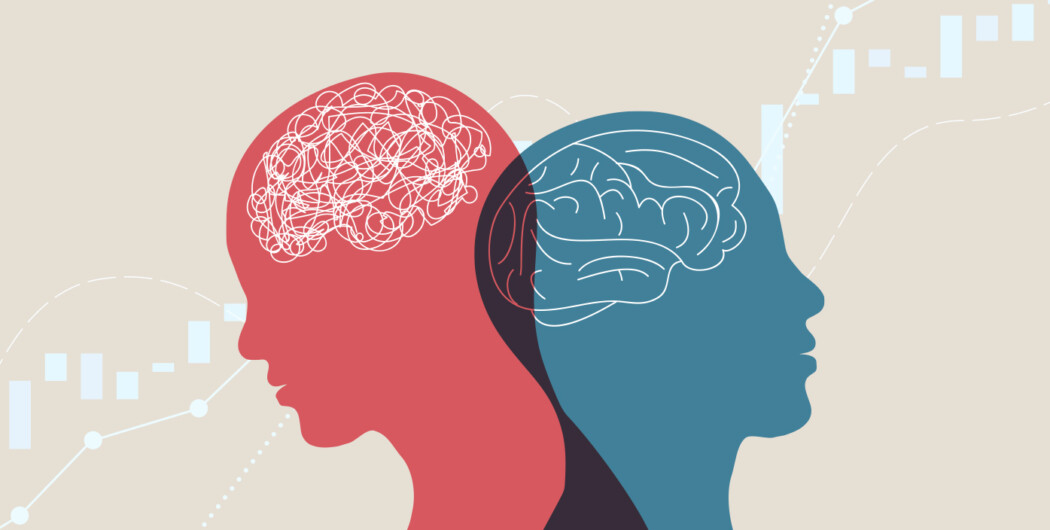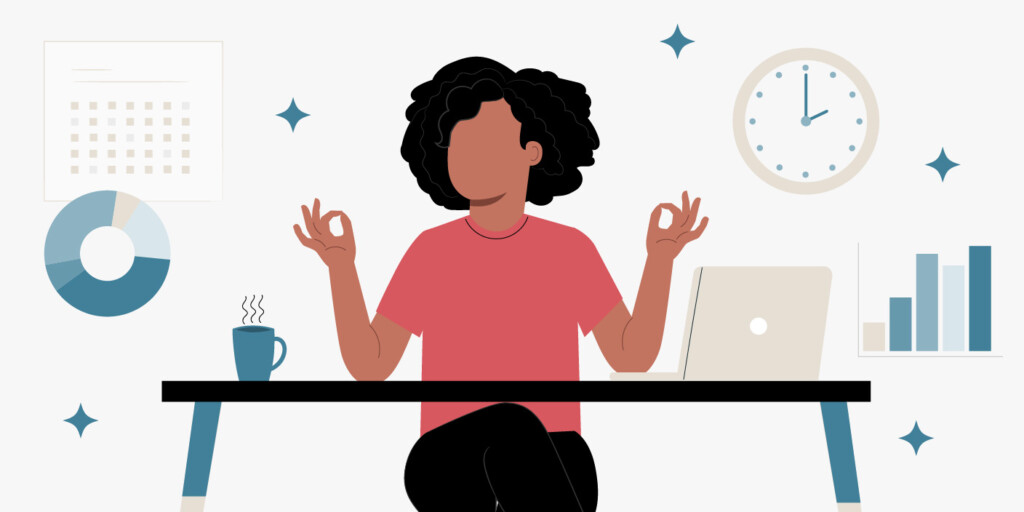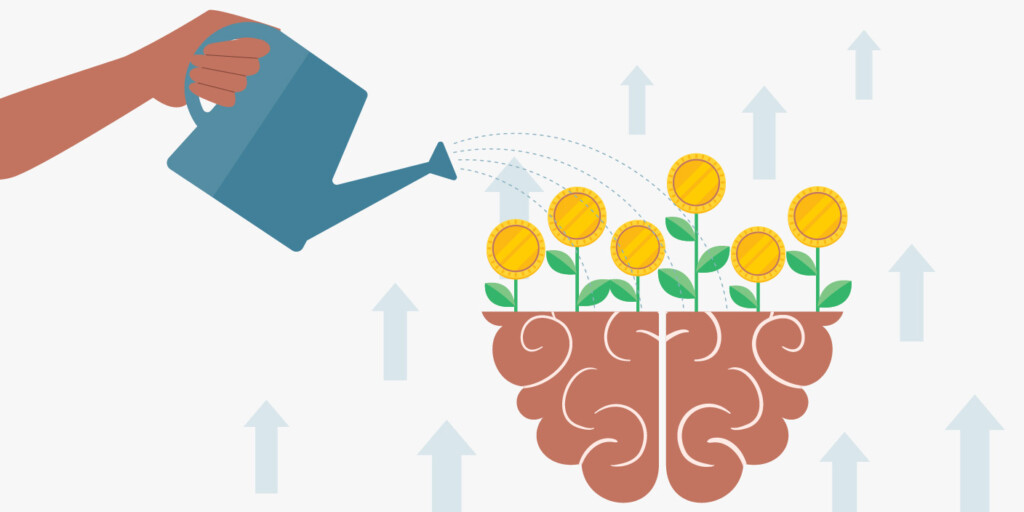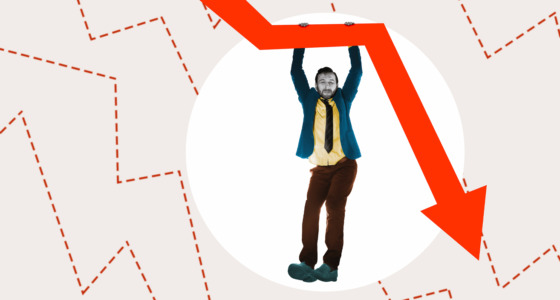

Mindfulness is a mental state achieved by focusing one’s awareness on the present moment. In trading, mindfulness practices can help traders make better decisions and reduce stress levels by promoting a clearer mind and increased emotional regulation.
Wondering how long it’ll take to start trading mindfully? Well, studies have shown that just 8 weeks of daily mindfulness practice can physically change the structure of the brain, increasing the thickness in the regions associated with self-awareness, empathy, and stress management. And this article will teach you how to do it.
Why mindfulness matters in trading

“In trading, mindfulness is not a luxury; it’s a necessity. It enables traders to remain calm and composed in the face of adversity, to think clearly, and to make better decisions,” said Ari Kiev, author of The Psychology of Risk: Mastering Market Uncertainty.
Mindfulness matters in trading because it helps traders to remain calm, focused, and non-reactive in high-pressure situations. By being mindful, traders can avoid impulsive decisions that are often driven by emotions. Instead, they are more likely to make rational, well-informed decisions that are in line with their trading goals.
Additionally, mindfulness can help traders develop a greater sense of self-awareness, which can be beneficial in recognizing and managing their emotional responses to market movements and other events. Overall, mindfulness helps traders improve their overall performance and can increase the likelihood of success in the markets.
7 practices for mindfulness trading

Elevate your trading game by incorporating these mindfulness practices:
Embrace uncertainty
Uncertainty is a part of trading, and embracing it rather than fighting against it can help you become a more effective trader. Mindfulness practices can help you accept and manage uncertainty in a more productive way.
Cultivate a growth mindset
A growth mindset is a belief that you can grow and improve through challenges and setbacks. When you approach trading with a growth mindset, you are more likely to take calculated risks and learn from your mistakes.
Focus on the process
Rather than getting caught up in the outcome, focus on the process of trading. This means being mindful of your approach and strategies and making informed decisions based on market data and analysis.
Cultivate gratitude
Gratitude can help you stay positive and focused on the present moment, even when things are not going well. Make a conscious effort to appreciate the good things in your life, including your successes in trading.
Use visualization
Visualization is a powerful tool for achieving your goals and staying focused. Imagine yourself successfully executing your trading strategies, and visualize the positive outcomes that you desire.
Practice self-compassion
Trading can be a challenging and stressful pursuit, and self-compassion can help you stay motivated and focused. Be kind to yourself, acknowledge your limitations, and celebrate your successes.
Engage in physical activity
Regular physical activity can help reduce stress and improve focus. Engage in activities that you enjoy, such as running, yoga, or swimming, and use them as an opportunity to practice mindfulness.

Why mindfulness is a life-long practice

Mindfulness involves continuously developing one’s ability to be present, aware, and non-judgmental in the present moment. This is a skill that can take years of practice to master, and even then, it requires continuous effort and dedication to maintain. The benefits of mindfulness go beyond just trading and can positively impact many areas of life, including relationships, work, health, and overall well-being.
Additionally, life is constantly changing and presenting new challenges, so the need to remain mindful and self-aware never truly goes away. Therefore, making mindfulness a life-long practice can lead to ongoing personal growth and a greater sense of inner peace and fulfillment.
Sources:
Mindfulness: An important skill for navigating uncertainty, Mental Health at Iowa
How to practice mindfulness throughout your work day, Greater Good Science Center – University of California, Berkeley








